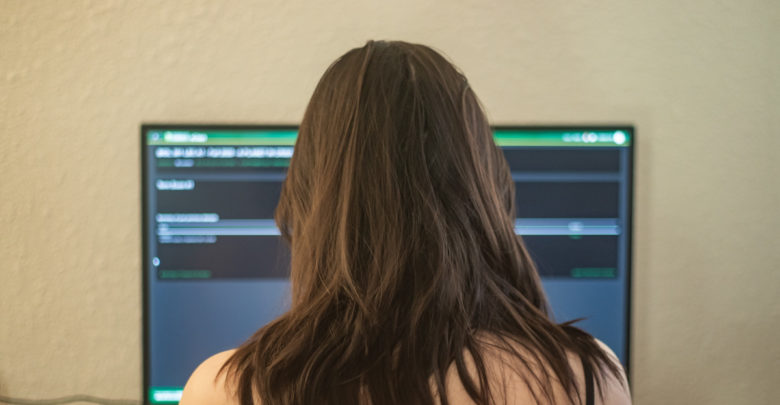 Christien Ford
Christien FordThe U of A has been using Student Perspectives of Teaching (SPOT) surveys, previously known as Universal Student Ratings of Instruction (USRI), for several years in an attempt to help improve the quality of education.
However, many students choose not to complete the surveys, for a variety of reasons. I know I have skipped a few out of sheer laziness. It’s not like they do much, right? Well, not currently. In order for SPOTs to be genuinely useful to students, some changes need to be made.
The major issue with SPOTs is that they rarely hold instructors accountable, especially if they are tenured. This accountability is essential to ensure that students are receiving the quality education that they were promised.
For instructors who are not tenured, SPOTs contribute to determining the future of their careers. Often the university will take student feedback surveys as a measure of the professor’s ability to handle a course. They are also helpful for instructors when applying for jobs — SPOTs and student feedback are often requested as evidence for teaching competency. Furthermore, the survey is also supposed to provide professors with constructive feedback that they can implement to improve their teaching.
There is no doubt SPOTs are important. However, I know of several professors and students that don’t care about SPOTs, and this makes sense too. I refused to fill out my first semester SPOTs because the university would send multiple email reminders, clogging up my inbox.
So if they aren’t even taken seriously by all faculty members and students, why are they important? For one, not all instructors ignore SPOTs. Good ones do take constructive feedback into account. And while you may not take a particular course again, you could be taught by the same professor.
Also, since the SPOTs reports are made public to students, it is helpful to be able to refer back to previous years’ surveys to decide whether you want to take a certain professor’s class.
The purpose of the student feedback needs re-evaluation: is it to truly improve the quality of teaching? Or, is it to provide data for evaluating teaching for the Faculty Evaluation Committee? At the end of the day, the principal motive for faculty evaluations should be to improve education. Feedback from students is a key part in this.
There is also the matter of using our collective voice for change — students pay thousands of dollars in tuition. We deserve a say in our education.
It should be standard practice for professors to give students time to fill out SPOTs in the last few minutes of class. And feedback for teaching doesn’t have to stop there.
I had a professor who would make us fill out SPOTs in the middle of the first semester and implement the changes in the second half. It was refreshing to be taught by someone who truly cared about whether students were actually learning.
On the other hand, the feedback students provide isn’t always helpful. If there’s no clear or specific examples of what didn’t work and why, it’s hard to focus on effective changes.
Anonymity also poses an issue: it’s a double edged sword, despite often being a good thing. The internet is a place where you can be honest without retribution. But, it’s also a place you can spew false or undeserved vitriol when you just couldn’t be bothered to go to class — also without repercussion.
SPOTs have also been known to perpetuate discrimination. SPOTs give student users an opportunity to harass instructors anonymously. A lot of times this can include racist and derogatory comments from peeved students with bad grades in a class.
I read feedback from previous classes with a grain of salt. It’s very polarized in the direction of overly positive and overly negative reviews.
There are clearly many problems with SPOTs as they are currently structured. Work needs to be done to make sure they are used to meaningfully improve our education while ensuring that comments are thoughtful and constructive — not hateful. The university needs to reassess how we can make these evaluations more impactful to students and educators alike.




